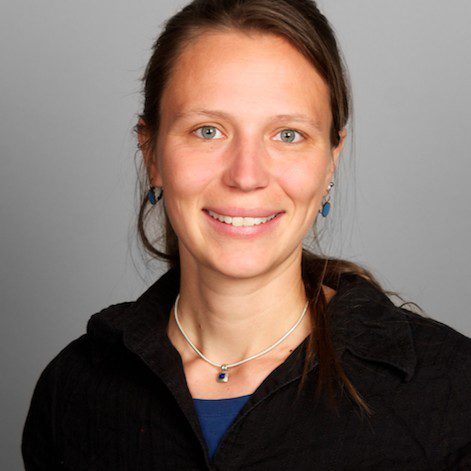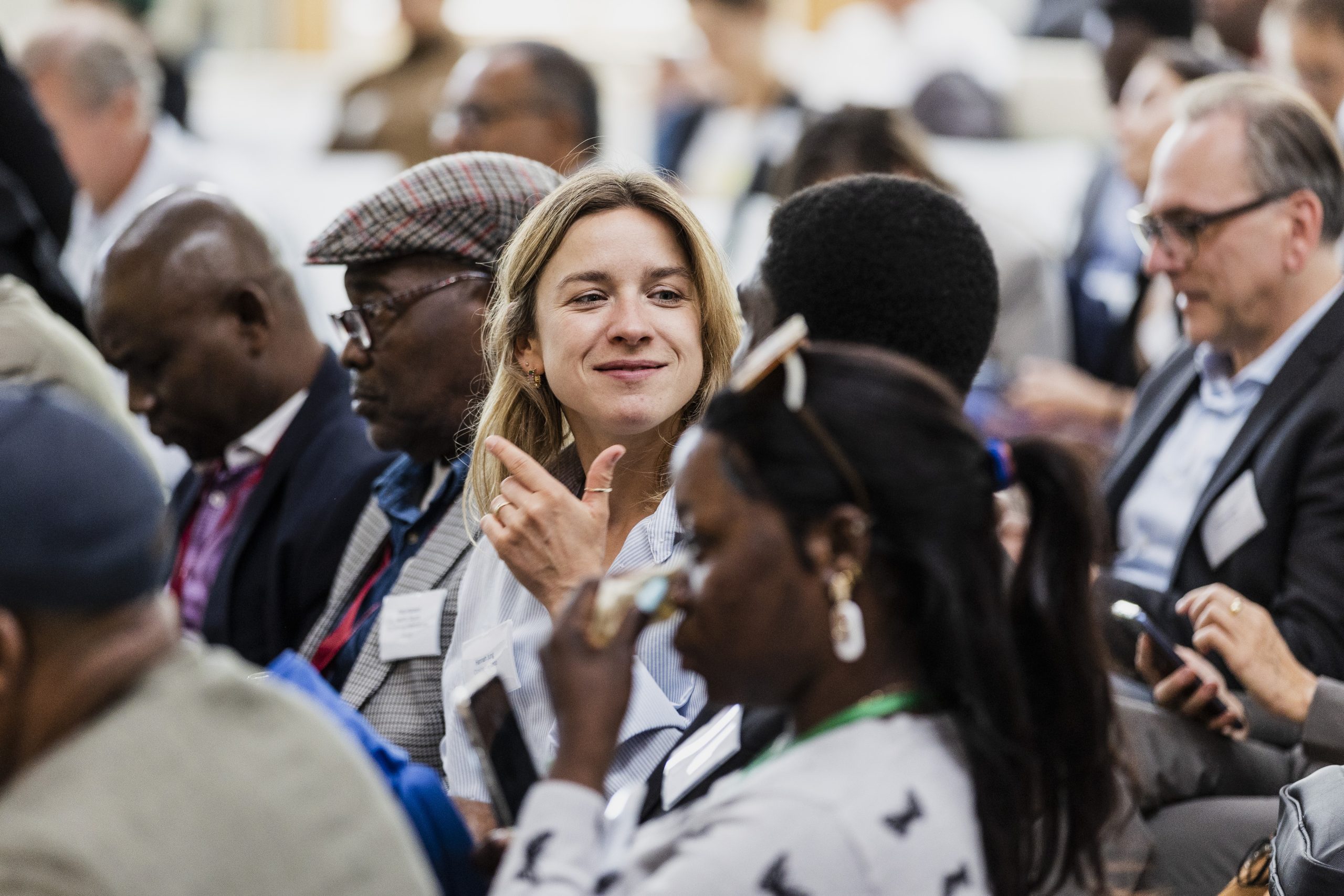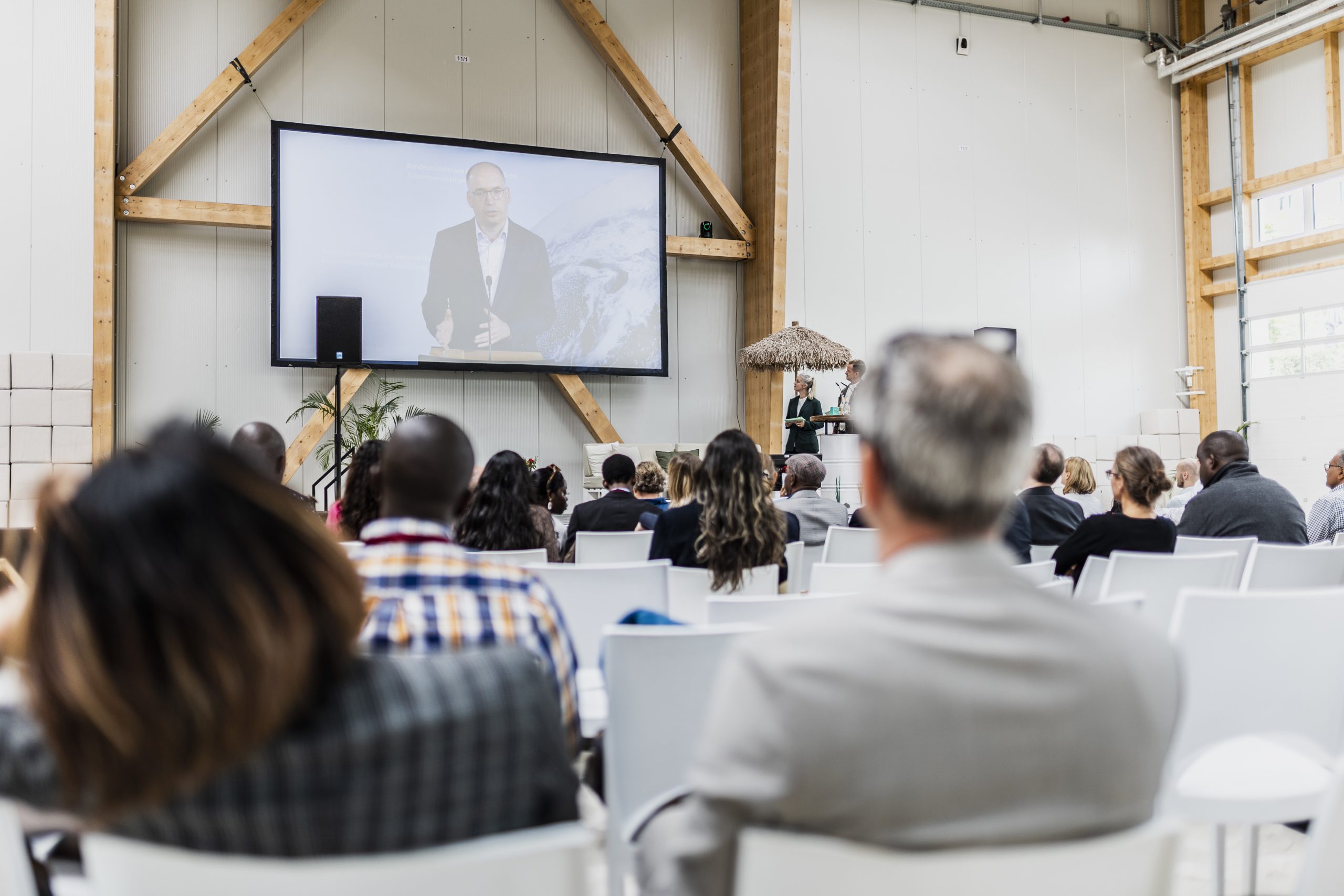Benefits for
Members & Funders
Curious about becoming a member or funder of PREVENT? Learn more about your options and benefits.
We work together to develop and pilot scalable solutions for the circular economy. So far, we have run pilot projects and innovation programmes in more than 20 countries.
Scroll to learn more
The project develops or enhances a circular economy solution for low- and middle-income countries.
The project addresses at least one of the PREVENT topics.
The proposal contains a clear description of the expected results. These clearly contribute to the mission of the PREVENT Waste Alliance.
An integrated approach is applied, which considers the SDGs and social safeguards (such as conflict sensitivity, inclusivity, human rights, gender), the needs and characteristics of the country of implementation and project beneficiaries, and the scalability of the project.
Project proposals are ideally developed or reviewed by a PREVENT Working Group.
Project proposals must be approved by the PREVENT Steering Committee.
Project teams include at least one PREVENT member and one local organisation.
For this option, the following conditions apply:
Example:
Company X would like to support activities to reduce marine litter in low- and middle-income countries. For this it has allocated 250,000 EUR for 2 years and would like the PREVENT Secretariat to administer the funds. The company would like to make use of the PREVENT Plastics Working Group to plan and implement the activities on its behalf. For this purpose, a contract (a so called co-financing agreement) is set up between GIZ and the company. The funds are used to finance projects in low- and middle-income countries. The company can decide to hand over all decisions regarding the selection of project ideas and locations to the PREVENT Waste Alliance (Secretariat, Working Groups and Steering Committee) or influence the selection by predefining certain criteria in the contract.
For this option, the following conditions apply:
Example:
You are a PREVENT member and have planned an initiative to promote the circular economy in Egypt. To increase the visibility of your initiative and establish contacts with relevant stakeholders in Egypt and globally, you would like to collaborate with the PREVENT Waste Alliance. If your project meets the PREVENT Waste Alliance project criteria, you can benefit from the support of the PREVENT Secretariat who will organise exchanges with members, brand the project with the PREVENT identity and communicate it for more visibility.


Nicole Bendsen
PREVENT Secretariat
contact[at]prevent-waste.net
+49 (0)228 4460 3889


Curious about becoming a member or funder of PREVENT? Learn more about your options and benefits.


Our working groups currently focus on three material streams: plastics, e-waste and batteries, and organic waste.